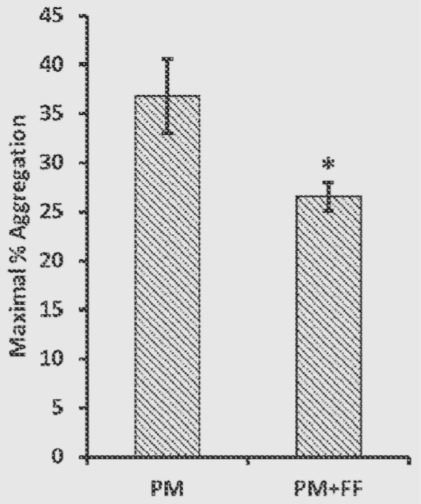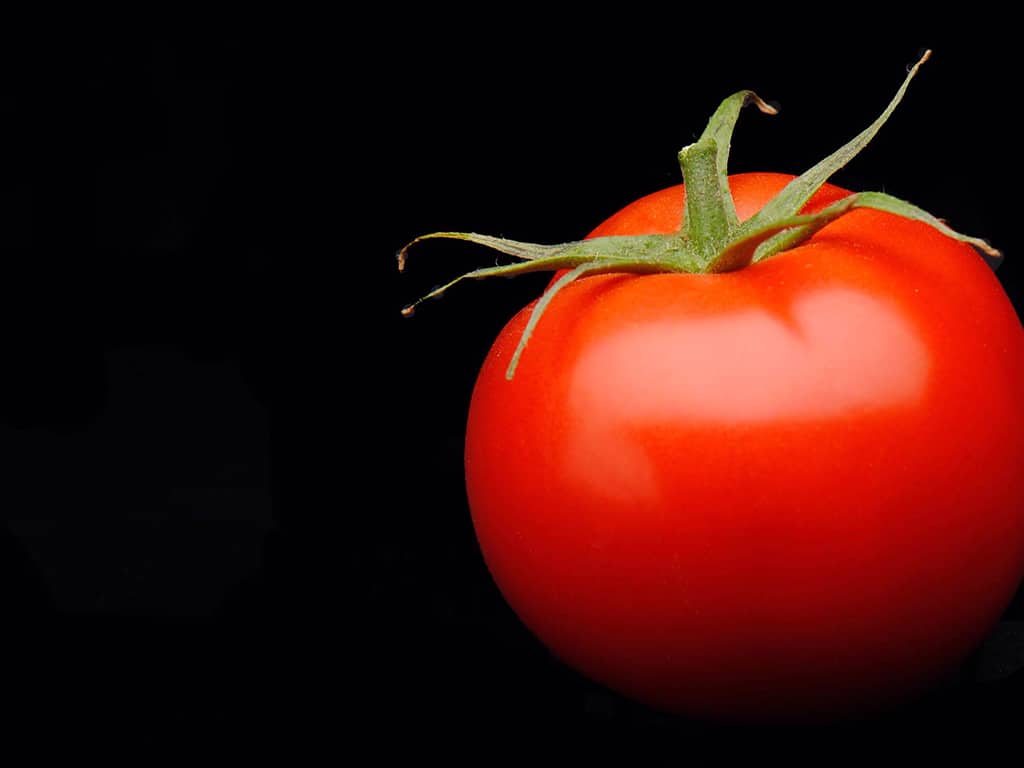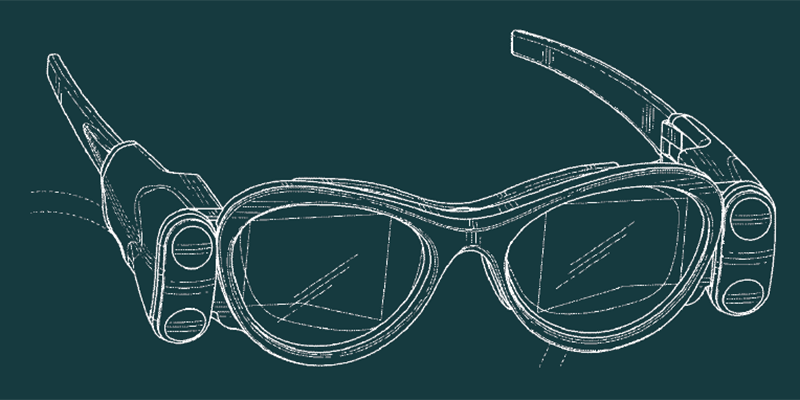A USPTO filing from UK-based food and dietary supplement company Provexis covers a water-soluble tomato extract (WSTE) that protects one’s cardiovascular system from the adverse effects of air pollution.
Provexis already owns a patent for WSTE, but as a way to combat aberrant coagulation. Blood clots are linked to heart attack and stroke, which in 2018 killed 108,610 and 147,810 Americans, respectively, according to latest figures from the American Heart Association. The patented WSTE is currently marketed as Fruitflow, in powder and syrup form.
According to the World Health Organization, air pollution causes an estimated 7 million deaths each year. Just in 2019, 99% of the global population is exposed to particulate matter (PM) above WHO guideline limits. While PM comes in many sizes, nanoparticles that often come from diesel emissions are especially dangerous since they can enter the bloodstream and induce cytotoxic and inflammatory responses.
The patent application cites research linking PM exposure to cardiovascular disease, especially arterial thrombosis and atherosclerosis. Both of these develop via increased platelet activation, which Fruitflow claims to counter. Provexis is saying that WSTE has anti-platelet aggregation abilities, presumably due to the nucleosides it contains, along with active agents such as adenosine, caffeic acid derivatives, and flavonoids.

A graph showing the effect of Fruitflow (FF) on the amount of platelet aggregation (maximal % aggregation) induced by particulate matter (PM).
The WSTE being patented may also come in the form of a concentrated syrup or powder. Provexis notes how the product would be substantially lycopene-free, meaning the carotenoid would constitute no more than 0.5% of the WSTE. Carotenoids serve as organic pigments in plants—red for tomatoes in this case. Though lycopene is popular for its antioxidant properties, ingesting too much of it, via food or perhaps a supplement, could lead to lycopenemia, characterized by orange discoloration of the skin.
To make the WSTE, Provexis prepares a start mix of homogenized tomato, diluting the fruit with water such that solids comprise only a third of the mixture. The fruit solids are separated from the water-soluble fraction, which is then filtered to remove the lycopene. A concentrate is then produced in the filtration permeate using an evaporator. The process would also eliminate over 99% of the WSTE’s sugar content. What would be left is an aqueous solution like a syrup, which may be dehydrated to form a powder.
Provexis says the WSTE works best when ingested at least two to three hours before one expects to be exposed to air pollution. This ensures the supplement has already been digested and its active ingredients have entered the circulatory system. A person seeking optimal benefit would take 125-175 milligrams of WSTE at least once a day. The healthy blood circulation from the product would also improve one’s skin and general well-being, Provexis states, listing non-therapeutic results.
The featured patent application, “Water Soluble Tomato Extract Protects Against Adverse Effects Of Air Pollution”, was filed with the USPTO on January 4, 2021 and published thereafter on September 30, 2021. The listed applicant is Provexis Natural Products Limited. The listed inventors are Bernd Mussler, Daniel Raederstorff, and Nathalie Richard.






